Know what might be one of the riskiest words to use on Facebook?
It’s this.
No, literally – it’s “this.”
Because in 2017, Facebook tweaked its algorithm, and since then, it’s been stricter than ever when judging your content’s quality.
This algorithm update was a bigger and badder version of one they introduced in 2016. It’s still valid today, so let’s have a look at why they changed it, and what it means for what you should and shouldn’t post!
Inside the Facebook clickbait filter algorithm
First things first – what’s this algorithm change looking at when it judges the quality of your posts, exactly?
The short answer: clickbait.
You know clickbait – those articles that sound so irresistibly juicy, you practically need a moist towelette after coming in contact with one. With tantalizing writing and a few sneaky linguistic tricks (which we’ll talk about in a second), they make it hard NOT to click on them.
The problem, of course, is that audiences hate them – and they can even do serious damage to whether or not people trust your content.
Facebook introduced an algorithm update that would allow them to identify clickbait. If your Page regularly posted that type of update, or if you regularly posted links to domains with clickbait-style headlines, Facebook would restrict the organic reach for the links you share in general.
Now, though, Facebook filtering can detect and react on a much more granular scale.
Since their 2017 update, Facebook doesn’t just consider your cumulative habits regarding clickbait – they’ll actually limit the reach on individual posts based on whether or not they set off their clickbait sensors.
Basically, even if you’re usually really careful about following the rules, if you post a clickbait-y link, that individual update might get a lower reach than you’ve come to expect.
That means you’ve gotta be more careful than ever about NOT posting the types of things the Facebook filter counts as clickbait – especially because their methods for detecting them have gotten a big upgrade.
How so? We’ll tell you!
What does clickbait mean?
The links on the internet that entice you to click through to them are clickbait. It is normally low-quality content with the primary goal of getting users to a website.
The titles use clickbait words such as “shocking”, “you won’t believe” “the reason this happens”. They often use celebrity gossip to try and bait readers.
Facebook’s clickbait targeting is better than ever
Facebook’s method for determining whether something is clickbait works a lot like the spam filter in your email – it’s programmed to look for keywords and phrases that typically indicate whether content falls in that category, then flags that content accordingly.
There are two specific types of clickbait that Facebook targets: headlines that leave out crucial information, and ones that mislead and exaggerate.
(More on those in a moment.)
When the Facebook clickbait algorithm started targeting clickbait on Facebook, they would look for both of these things at the same time. Now, however, they look for them separately – which means they can be a lot more accurate.
Think of it like a word search.
Say you got the word search pictured below and were told to find every instance of the words “bark” and “bare.”
Annoying, right? It’s so busy that looking for two very similar things at the same time is a real pain.
If you gave a copy of that word search to a friend, though, and you each could focus on a separate word, it would get a lot easier. You could each finish a lot more quickly and accurately than either one of you would by doing it alone.
That’s exactly why it matters so much that Facebook split this one filter into two – now, their detection efforts are a lot more focused.
Which brings us to the word “this.”
Remember, one type of headline that Facebook targets as clickbait, is a headline that withholds information.
When you leave crucial information out of a headline, it forces the reader to click your link to learn that information. It’s a tactic that works, but that Facebook increasingly doesn’t tolerate.
The word “this” is the MVP for that type of headline – in fact, it’s probably one of the words you see the most in those cases, even if you don’t always think about it at the time!
That’s because the word “this” is an identifier. It points to something, and directs your attention there. And in a clickbait headline, the thing that it points to often isn’t in the headline.
It basically works the same as doing this:
Sure, you got someone to look but technically, you didn’t give them much of a choice!
Here’s an example of that in action:
It’s super effective – but only because it’s withholding the information that’s central to understanding the article’s content!
What’s the “this” that the headline is pointing to? The only way to find out is to click, and Facebook doesn’t think that’s very fair.
You can still write enticing headlines without relying on that type of strategy.
Here’s a rewrite of that one from above:
See? The element of mystery is gone, but you’re still inspiring clickthroughs.
Your headlines should make people want to click by giving them information – not by withholding it.
You might notice we even used the word “this” in the description for that link – the word itself isn’t necessarily bad, so long as you also explain what the “this” is talking about!
Because with this algorithm change, trying that little “Hey, look!” trick works out a little more like this:
(Yeah, you don’t want that.)
The word “this” isn’t something you have to strike from your vocabulary altogether.
And just to be clear, it’s not like Facebook has called out this word specifically – it’s just that it’s extremely common in the type of headlines they’re targeting!
If it’s in one of your headlines, you should ask yourself what exactly it accomplishes there – because if it’s pointing to something your audience can’t see without clicking, you might want to rethink your strategy.
That mindfulness will serve you well as you supercharge your headline-writing powers, especially because using the word “this” to point at hidden information isn’t the only way to withhold from your audience.
Here’s one more link that follows the same principle of withholding key info:
You get the idea.
Teasing information like this works, but the strategy’s heyday has come and gone. When Facebook’s clickbait filters catch you doing it, they will restrict your reach – even if it’s just an isolated incident.
And don’t forget: withholding information is only ONE of the types of clickbait Facebook targets.
They also have a filter in place that’s designed to detect the type of exaggeration that misleads readers and gives them false expectations for an article’s content.
You’ve definitely seen headlines like these before. They grab your attention by saying things like:
- This Little Hack Will Prevent Cavities – FOREVER
- How Eating Daffodil Petals Can Make You Smarter
- Pugs Are Literally Ushering In The Apocalypse
Exaggerated headlines make promises that are too good – or too outrageous – to be true. You end up clicking on them just to find out how the heck what they’re saying could be accurate! (Spoiler: most of the time, it’s not.)
So just like with the other type of clickbait, if you find that you’re writing headlines that sacrifice accuracy for excitement, refocus your priorities a little – otherwise, Facebook’s going to notice, and the consequences won’t be pretty.
What’s YOUR headline writing secret?
Writing strong, accurate, informative headlines has never been more important – so what’s your secret?
(Here on our blog, for example, we always write at least 15 headlines for every post, then choose the best one and schedule it to post on our Facebook page.)
Got a trick like that of your own?
Let us know in the comments below!


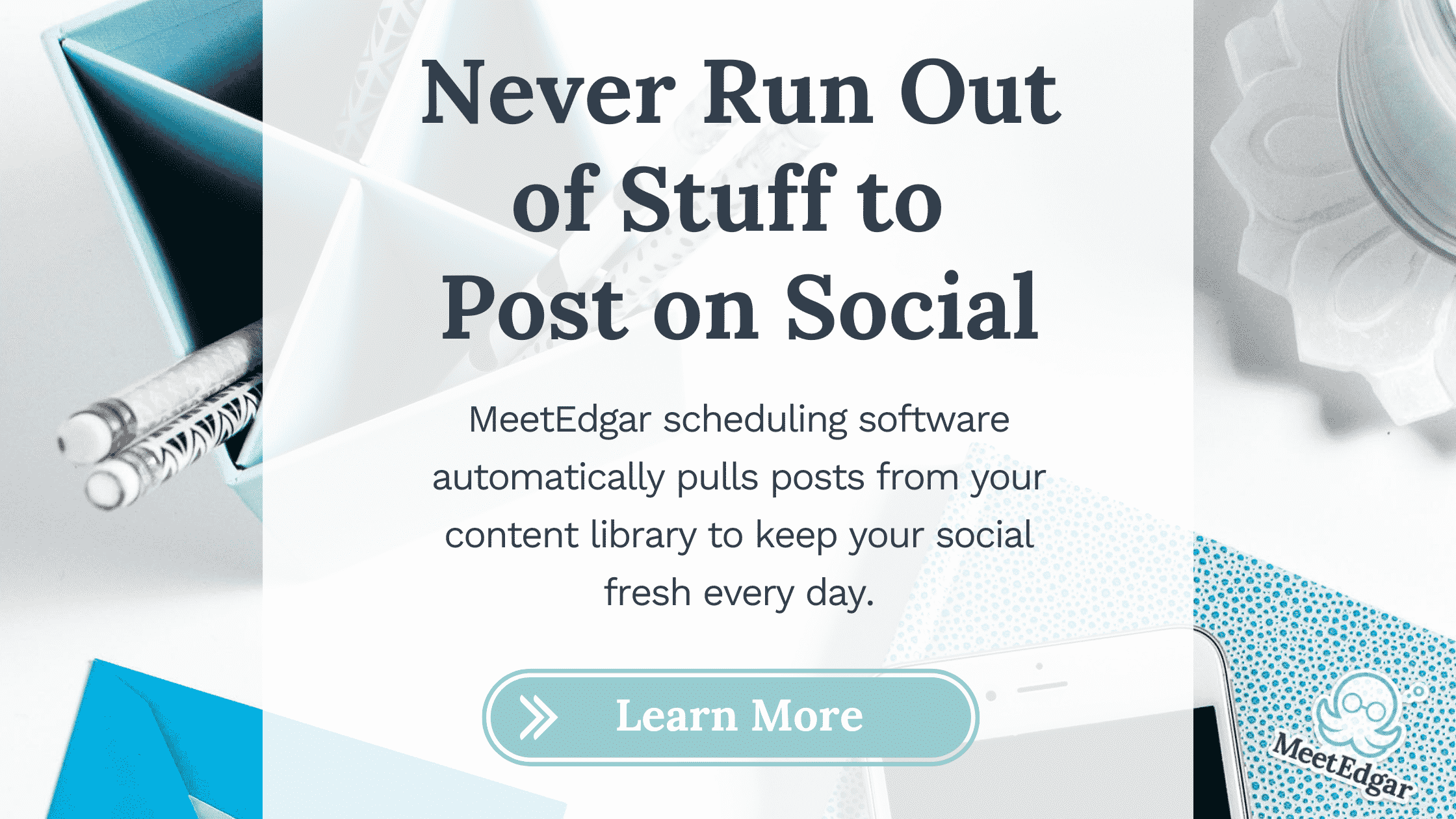
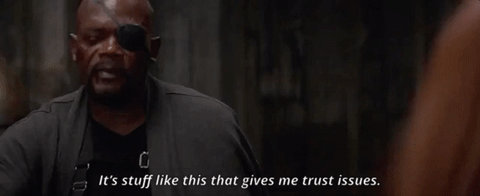
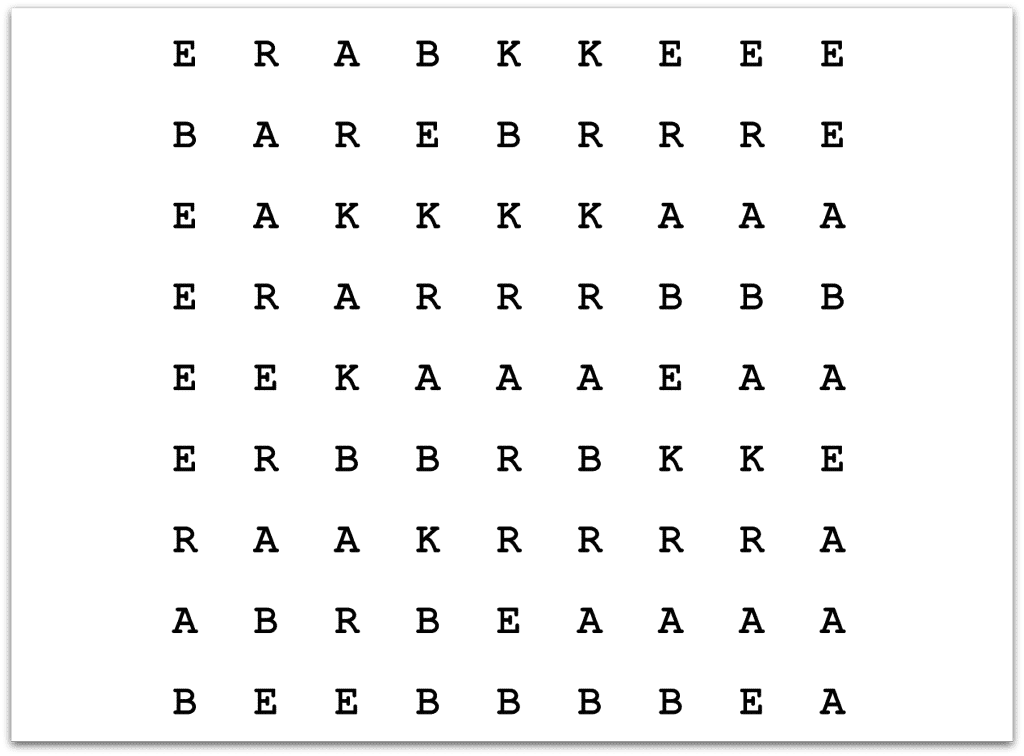

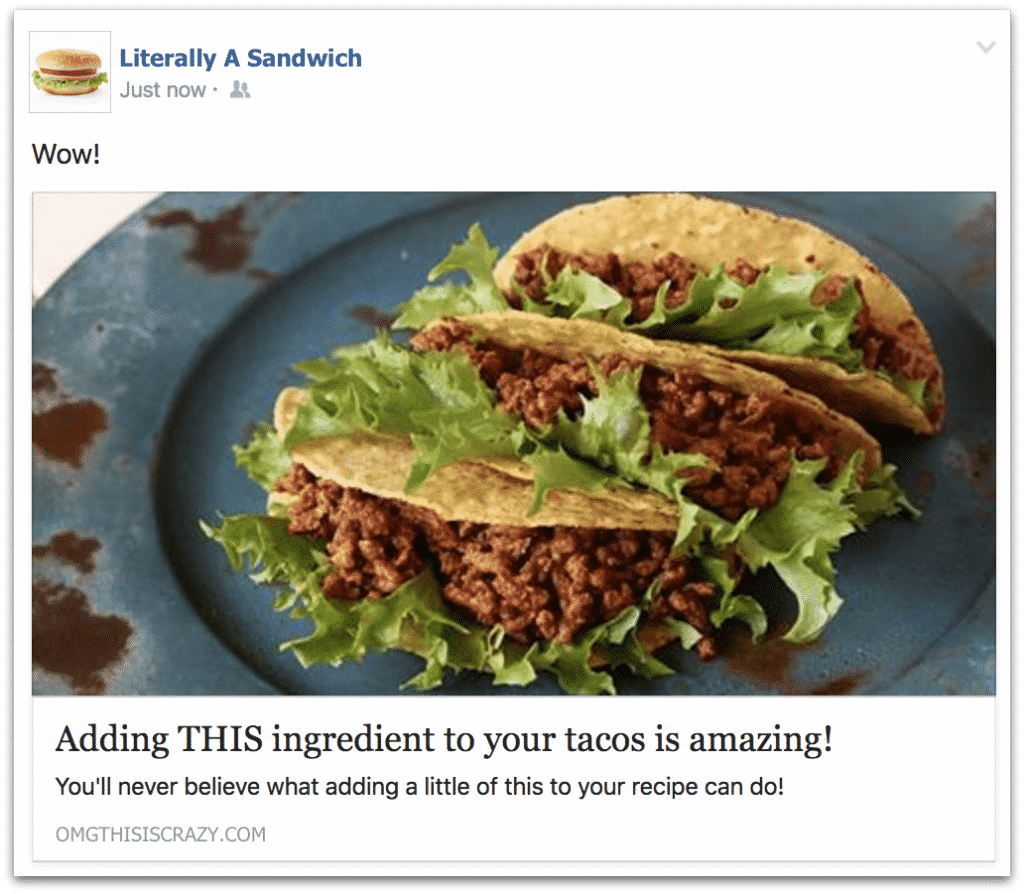
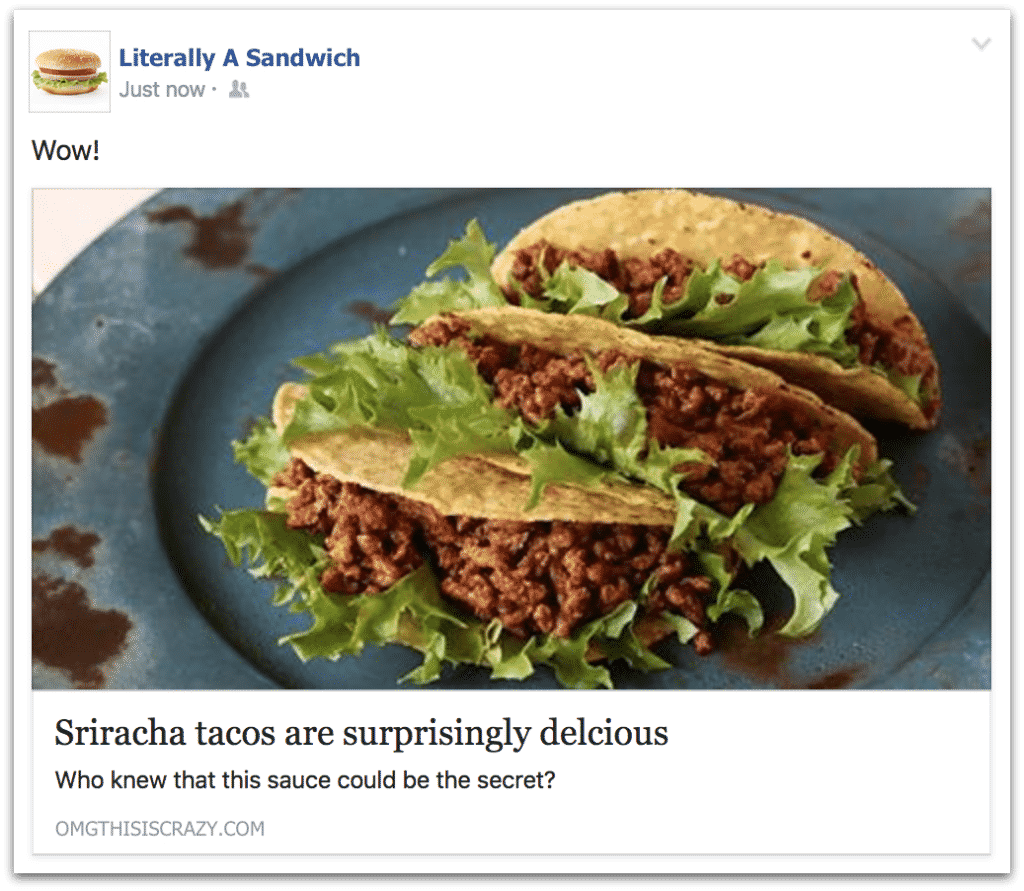

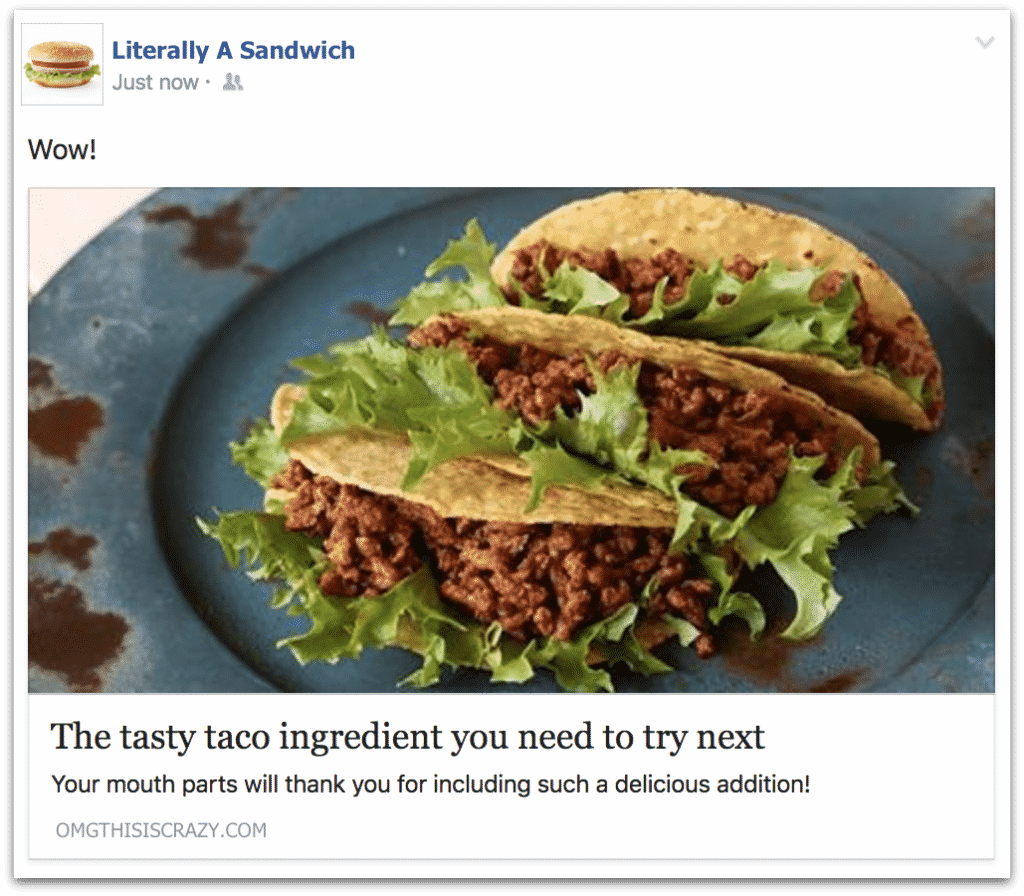

6 Comments
Lovely content. However I find it funny that the ‘related posts’ section contains the following headline: ‘This Facebook video stat just got a lot more important’ ???? Click bait hoohaha! ????
If only we had known, right? Thank goodness for the Internet – nothing more exciting than playing on a field with moving goal posts ????
Very informative post. I’ll be looking forward to seeing less clickbait in my feed!
It’s always interesting seeing stuff like this in action – especially when you know WHY it’s happening!
Great article. Thanks for sharing this. Good to know.
Thanks a lot, Aden!